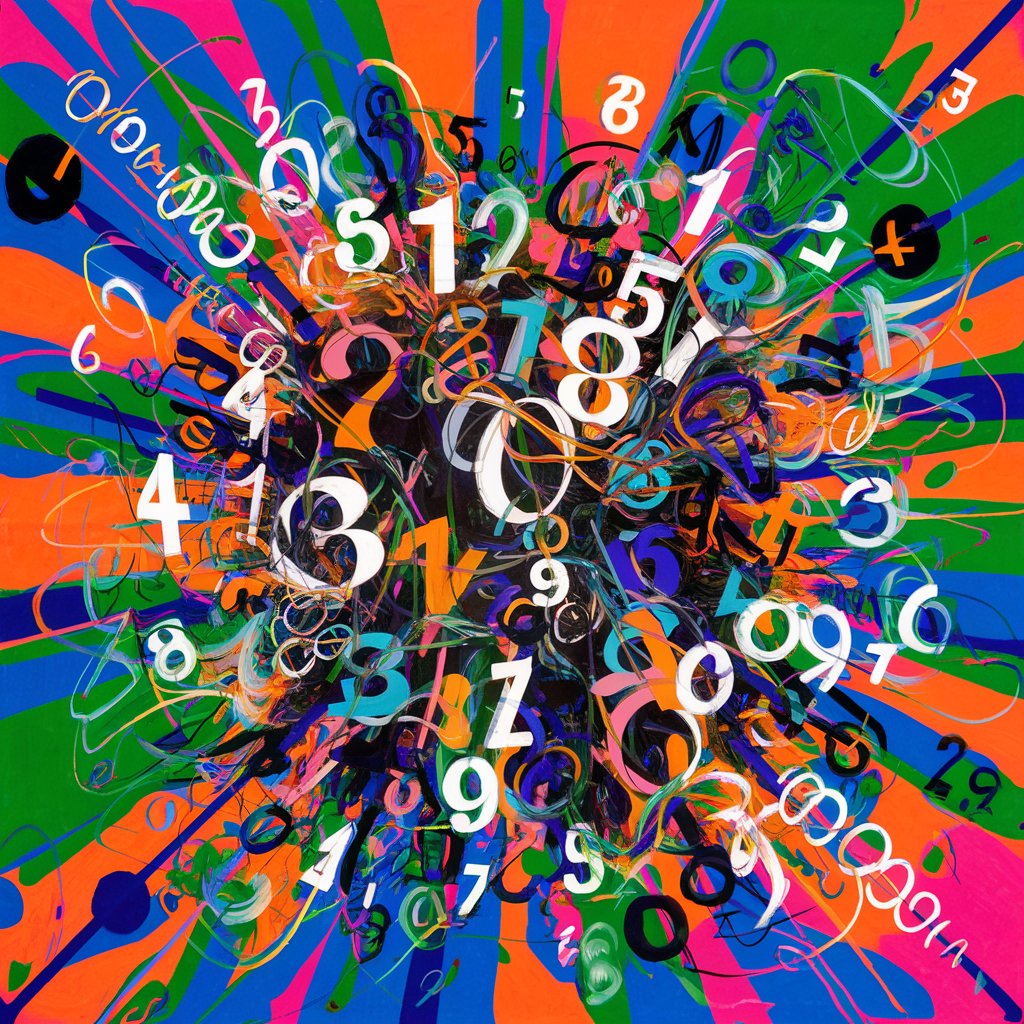
27
Random Number Generator: Secure, Fast, and Reliable RNG Tools
Secure, fast, and reliable random number generators are essential for cryptography, gaming, and simulations. Discover the types, applications, and how to choose the best RNG tool to meet your needs. Learn more now!
Random Number Generator: Secure, Fast, and Reliable RNG Tools
In an era where digital integrity and security are paramount, the role of random number generators (RNGs) cannot be overstated. From securing online transactions to adding unpredictability in gaming, RNGs are the unseen force ensuring fairness and security. This article will explore the essence of RNGs, their types, applications, and how to choose the right one for your needs.
What is a Random Number Generator?
A random number generator is a tool that produces a sequence of numbers or symbols that lack any pattern. These numbers can be generated through physical processes, known as true RNGs, or through computational algorithms, known as pseudo-RNGs.
Types of Random Number Generators
- True Random Number Generator (TRNG): TRNGs rely on physical phenomena, such as radioactive decay or electronic noise, to generate random numbers. This type of RNG is considered highly secure due to its reliance on unpredictable natural processes.
- Pseudo-Random Number Generator (PRNG): PRNGs use mathematical algorithms to produce sequences of numbers that appear random. These are faster and more efficient than TRNGs but are less secure because their sequences can be predicted if the algorithm and initial seed value are known.
Applications of RNGs
Random number generators have diverse applications across various industries.
- Cryptography: Ensuring secure communications and data protection by generating unpredictable keys.
- Gaming: Creating fair and random outcomes in games, from shuffling cards to generating random events.
- Statistical Sampling: Facilitating unbiased sampling methods in surveys and research.
- Simulations: Supporting Monte Carlo simulations that rely on randomness to model complex systems and predict outcomes.
How Does a Random Number Generator Work?
TRNGs generate numbers by observing natural phenomena, such as thermal noise or photon behavior, which are inherently unpredictable. In contrast, PRNGs use a deterministic algorithm and an initial seed value to produce a sequence that mimics true randomness. While PRNGs are less secure, their efficiency makes them ideal for non-critical applications.
Why is randomness important in cryptography?
Randomness is crucial in cryptography because it ensures the unpredictability of keys used to encrypt and decrypt data. A secure RNG prevents attackers from predicting or reproducing these keys, thus maintaining the integrity and confidentiality of encrypted information.
Choosing the Best Random Number Generator
When selecting an RNG, consider the following factors:
- Security: For cryptographic applications, choose TRNGs or cryptographically secure PRNGs (CSPRNGs).
- Speed: PRNGs are suitable for applications that require rapid generation of random numbers.
- Application: Match the RNG type to your specific needs—TRNGs for security and PRNGs for gaming, simulations, and statistical sampling.
How to Create a Random Number Generator in Python
Creating a random number generator in Python is straightforward with the random module. Here’s a simple example:
\\
import random
def generate_random_number():
return random.randint(1, 100)
print(generate_random_number())
\\
This snippet generates a random integer between 1 and 100, showcasing the ease of using PRNGs in Python.
Popular Questions About Random Number Generators
- How does a random number generator work? RNGs generate numbers through physical processes (TRNGs) or mathematical algorithms (PRNGs) that lack predictable patterns.
- What is the difference between true random and pseudo-random number generators? TRNGs rely on physical phenomena for randomness, while PRNGs use algorithms and seed values to produce sequences that appear random.
- Why is randomness important in cryptography? Randomness ensures the unpredictability of cryptographic keys, enhancing security by preventing attackers from predicting or reproducing the keys.
- How can I generate random numbers in Excel? Use the RAND() function to generate a random decimal number between 0 and 1, or RANDBETWEEN(lower, upper) for a specific range.
- What are the applications of random number generators in gaming? RNGs ensure fair and unpredictable outcomes, from shuffling cards to generating random events, thus enhancing the gaming experience.
Conclusion
Random number generators are indispensable tools in various fields, from cryptography to gaming and beyond. Understanding the differences between TRNGs and PRNGs, their applications, and their importance in security can help you choose the right RNG for your needs. Whether you're securing data, creating games, or conducting research, RNGs provide the unpredictability required to ensure fairness, security, and accuracy. Explore our range of RNG tools to find the perfect solution for your requirements, ensuring secure, fast, and reliable results every time.
check free random number generator
Contact
Missing something?
Feel free to request missing tools or give some feedback using our contact form.
Contact Us